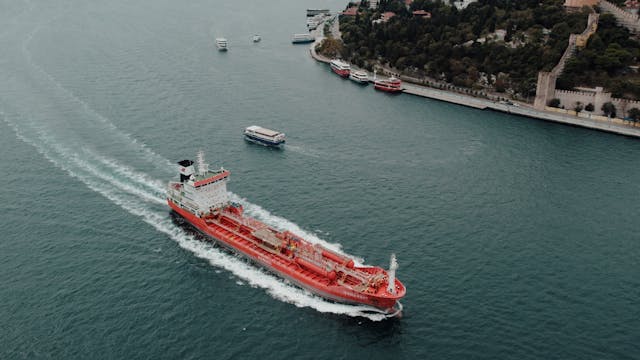Maritime injuries are a serious concern, especially for those working in California’s extensive ports and waterways. Whether it’s a ship collision, cargo mishap, or other maritime accidents, these incidents can lead to severe injuries, often requiring specialized legal support. Working with a maritime injury lawyer becomes crucial in navigating the complexities of maritime law, ensuring that victims can seek compensation for their injuries. California, with its vast coastline stretching over 800 miles, is a hub for maritime activities. Major ports such as Los Angeles and Long Beach play a significant role in international trade, while the state’s fishing and tourism industries also rely heavily on its waters.

However, with so much maritime activity, the risk of accidents increases, and when injuries occur, they fall under the unique jurisdiction of admiralty law. California’s bustling ports, busy harbors, and open seas make it a prime location for maritime-related legal issues. Navigating these waters isn’t just the job of seafarers—it’s also the responsibility of legal professionals who specialize in the intricate rules of the sea, providing injured workers and passengers the guidance they need to secure the compensation they deserve for their recovery.
Understanding Responsibility in Maritime Collisions
When two ships crash in the sea or other waterways, and someone wants to figure out who’s at fault for it, it requires a close look at what led to the crash situation in the first place. Ships that are operating usually have a responsibility to steer their vessels carefully while following the navigation rules that are already set in place. If there’s any carelessness or breaking of rules involved that causes a crash situation as a result, it could lead to the operators being held accountable for it.
Uncovering the Cause
After an accident, a critical examination of the incident is needed, using navigation tools such as ECDIS (Electronic Chart Display System), VDR (Voyage Data Recorder), AIS (Automatic Identification System), and GPS (Global Positioning System). These, combined with accounts from crew members present during the event and input from technical specialists, can shed light on who should be held accountable for the collision.
Comparative Negligence
In the realm of maritime law, there are many instances where responsibility for a ship collision may be shared by both parties as a result of errors made by each side. Comparative negligence rules establish the proportion of blame assigned to each party in question, leading to adjustments in the compensation granted to reflect this allocation of fault.
Limits of Liability
Many nations follow agreements that set boundaries on the liability of ship owners and operators when accidents occur. This ensures that injured parties can claim up to a specified maximum compensation amount to prevent severe financial repercussions or bankruptcy for diligent owners and operators involved in the incident.
The Importance of Experienced Maritime Attorneys
Maritime law is a field that often calls for skilled legal advice to handle complicated issues stemming from ship collisions. Seasoned admiralty attorneys play a key role in advocating for their clients throughout inquiries, settling disputes through negotiations, and pursuing action in court when needed. They have a good grasp of the relevant laws, past legal cases, and the nuances involved in gathering evidence, which enables them to construct solid arguments for their clients.
Marine Inquiries
After a collision incident takes place, maritime officials usually conduct inquiries to figure out what led to the accident happening in the first place. This process includes collecting evidence and statements from witnesses, reviewing navigation logs, and inspecting the ships that were involved in the collision. The outcomes of these investigations are vital in determining responsibility and deciding if any party breached rules or neglected safety protocols. The conclusions could also impact legal action or insurance claims.
International Guidelines
Collisions between ships may happen in international waters, involving vessels from various nations. This can lead to the application of international rules and agreements. One important agreement is the International Convention for the Safety of Life at Sea (SOLAS), along with the protocols set by the International Maritime Organization (IMO). These global regulations seek to standardize safety measures and maintain safe practices across different regions.
Restrictions on Liability
In maritime law discussions, ship collisions commonly involve the concept of liability limitation, which sets boundaries for compensation claims after a sea mishap based on vessel characteristics like size and type to offer assurance to ship owners and insurers facing claims.
In Summary
Colliding ships are devastating events that can have severe impacts on both the vessels and the people onboard them. Maritime laws are crucial in addressing the aftermath of these collisions in a prompt manner by assigning responsibility and fault through inquiries. By adhering to rules like COLREGS and conventions that set limits on liability amounts and seeking assistance from experienced maritime attorneys as needed, sailors can navigate through these difficult situations efficiently while upholding accountability and pursuing fair recompense.
















Add Your Comment